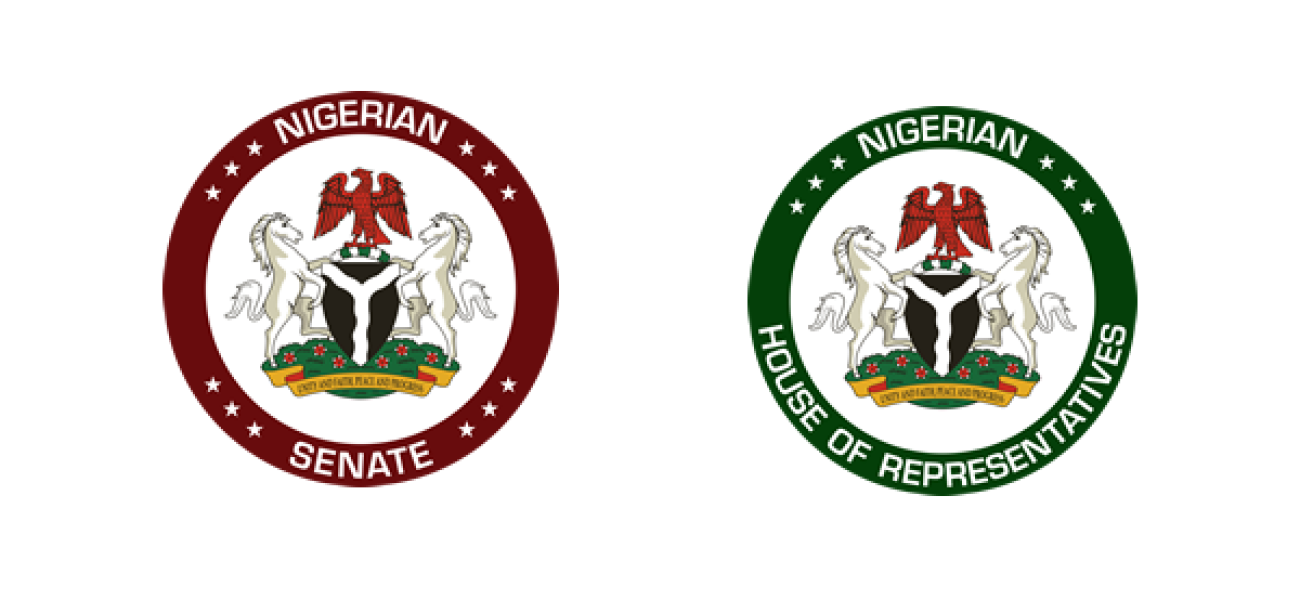The Joint Committee on Electoral Matters of the Senate and House of Representatives have expressed their intension to quickly proceed with the passage of a new Electoral Act 2025 before the end of the year. Accordingly, the two Committees have decided to jointly carry out the needed legislative processes that will lead to both chambers of National Assembly passing the Electoral Act expeditiously. Under the plan, the Senate will list for first and second reading the draft Electoral Bill 2025 as soon as it reconvenes for plenary on Tuesday 7th October 2025. The House of Representatives has already passed the draft bill for first and second reading.
In furtherance of its plan to pass the bill, both the Senate and House Committee on Electoral Matters are working to hold a Joint National Public Hearing on the Electoral Bill 2025 on Monday, 13th October at the National Assembly. Thereafter the two Committees on Electoral Matters will hold a Joint Retreat on the new Electoral Bill between 16th and 19th October in Akwa Ibom State.
Both Committees have been working in the last one and half years to draft a new electoral law that will repeal the current Electoral Act 2022 replacing it with a new one. Experts who have worked on the draft bill state that it would be an improvement on the current Electoral Act when passed. According to the experts, several of the provisions in the existing Act will be strengthened including provisions requiring electronic transfer of election results. Some of the highlights of the changes includes:
- Guaranteed early release of INEC funds.
- Expanded voter registration and inclusion of prison inmates.
- Tighter timelines for nominations and candidate substitutions
- Strengthened campaign finance and donor disclosure.
- Harsher penalties of electoral offences.

